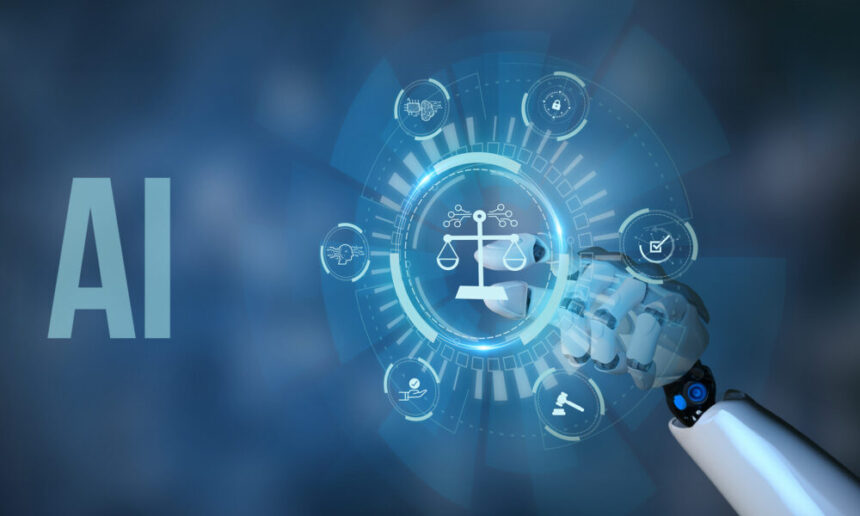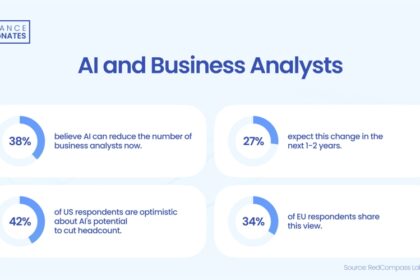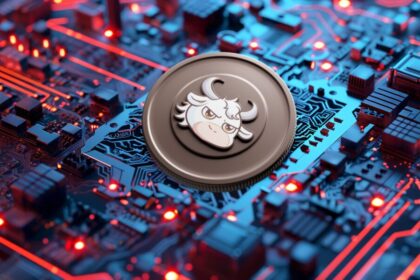Over the last few decades, artificial intelligence (AI) has demonstrated extraordinary ability in assessing and forecasting data patterns across a wide range of modalities: Incredible power, but a hazardous one because of the systemic biases embedded in its algorithms, data, and methods.
Those prejudices “instantiated” themselves whenever they appeared in culturally sensitive circumstances and had high-stakes consequences, violating AI fairness. Artificial intelligence biases are inherently entrenched in a collection of forms within the historical and social context of technology. When the training set is biased, such as institutionalized bias, data prejudice, or overfitting to an arbitrary policy, what you give it mirrors exactly how it would filter out (Srinivasan & Chander, 2021). Already all too familiar in high-stakes human life environments (e.g., health and criminal justice) — especially since the green-lighted algorithm’s underlying bias still lurks, unseen but certainly not gone to new forms of discrimination poised for an insidious and fast-approaching impact, allegedly made more straightforward by existing policies.
A larger strategy will result in a more universally addressed and comprehensive treatment of these threats. It entails acknowledging that training data is inevitably biased and developing a comprehensive approach to removing bias from planning to artificial intelligence usage. For example, a lousy set could be one in which the user feels no responsibility or needs to pay more attention to his work. This may impact AI model validation (Ferrara, 2023). However, it usually leads to a botched task, which is considered unethical. Educating forms of artificial intelligence partiality will help us stay connected to society. Srinivasan and Chander (2021), as well as Schwartz et al. (2022), emphasize the importance of avoiding “hunting snarks” and, as a result, some type of stage-based taxonomy: what information would be helpful for developers concerning data bias? Where could they anticipate it? When is a problem sufficiently solved?
Large organizations began working in this field, developing guiding principles that serve as frameworks for the ethical deployment of AI models or technologies to detect bias in machine learning (ML) developers’ processes (Srinivasan & Chander, 2021). At the very least, it is clear that with the expansion in size and complexity of AI systems adorning decision-making across an increasingly broad spectrum now or soon, someone at some level will be able to come up with a quick but persuasive solution to detect and minimize bias.
One of the numerous illusions surrounding artificial intelligence and machine learning is that they are unbiased, which has been addressed several times. People can and should be biased when making judgments at the human level (Schwartz et al., 2022; Ferrara, 2023). While the AI is entirely neutral and ready for analysis, it will be fed datasets from biased sources via human involvement. Thus, if the model is developed on somewhat biased or misrepresentative training data, its performance and utilization will be affected (Srinivasan and Chander, 2020).
We know that addressing the AI bias issue will be far from simple. Although no one regards improvement as the ultimate word, experienced investors who develop or gather data and establish models frequently notice this. We can expect a significant range of perspectives, which may indicate that crucial blind spots are assumed throughout the verse, guiding artificial intelligence toward fairness. Finally, purposely biased artificial intelligence models can be created to test and self-evaluate the AIs’ prejudices. For example, test developers must obtain authorization to uncover bias while designing human-in-the-loop technology (Ferrara, 2023).
AI governance comprises survival-solution, realistic-reasonable, and viable-possible for data scientists and regular non-data scientists who are conscious of their responsibilities in deployment. The key to accomplishing this is to force every exhibition of innovation into the maw of regulation, with referees riding high. At the same time, review committees audit everything artificial and clever in society, making you a prude in how AI operates!
Nonetheless, much will be determined by how many of these thorny issues, which are hotly debated, can be agreed upon—or at the very least, as an essentially defined criterion—as to whether or not they are acceptable within each communicative AI organization, such as bioengineers, ethic, and society as a whole.
While addressing AI bias is critical for overcoming peer-admission/statistics challenges, the broader societal ramifications of these technologies are distinct. We’ve got a long way to go. In any event, this is the start of unbiased, heavy innovation, losing contention, and operation, which must not be hidden beneath the facade of more significant societal objectives (Ferrara, 2023; Shams et al., 2023).
Addressing AI bias necessitates raising awareness of new technologies’ societal ramifications rather than focusing solely on improved algorithms and data. By prioritizing diversity, requiring rigorous testing, and assuring openness, we may fulfill the promise of responsibility in designing artificial intelligence systems that facilitate justice for many. This holistic perspective is critical for understanding how artificial intelligence alters power relations among many stakeholders and ensuring that transformative AI is consistent with broader societal welfare and justice goals (Ferrara, 2023; Shams et al., 2023).
References:
Ferrara, E. Fairness and Bias in Artificial Intelligence: A Brief Overview of Causes, Effects, and Mitigation Strategies. (2023). Cornell University. https://doi.org/10.48550/arxiv.2304.07683
Schwartz, R., Vassilev, A., Greene, K., Perine, L., Burt, A., & Hall, P. Towards a standard for identifying and managing bias in artificial intelligence (2022) https://doi.org/10.6028/nist.sp.1270
Shams, R A., Zowghi, D., and Bano, M. Challenges and Solutions in AI for Everyone. (2023) Cornell University. https://doi.org/10.48550/arxiv.2307.10600
Srinivasan, R., and Chander, A. Biases in artificial intelligence systems. (2023) Association for Computing Machinery, 64(8), 44–49 (2021) https://doi.org/10.1145/3464903.
PLease visit my Profiles:
https://www.linkedin.com/in/umar-farooq-kadri/
https://medium.com/@farooqkadri








